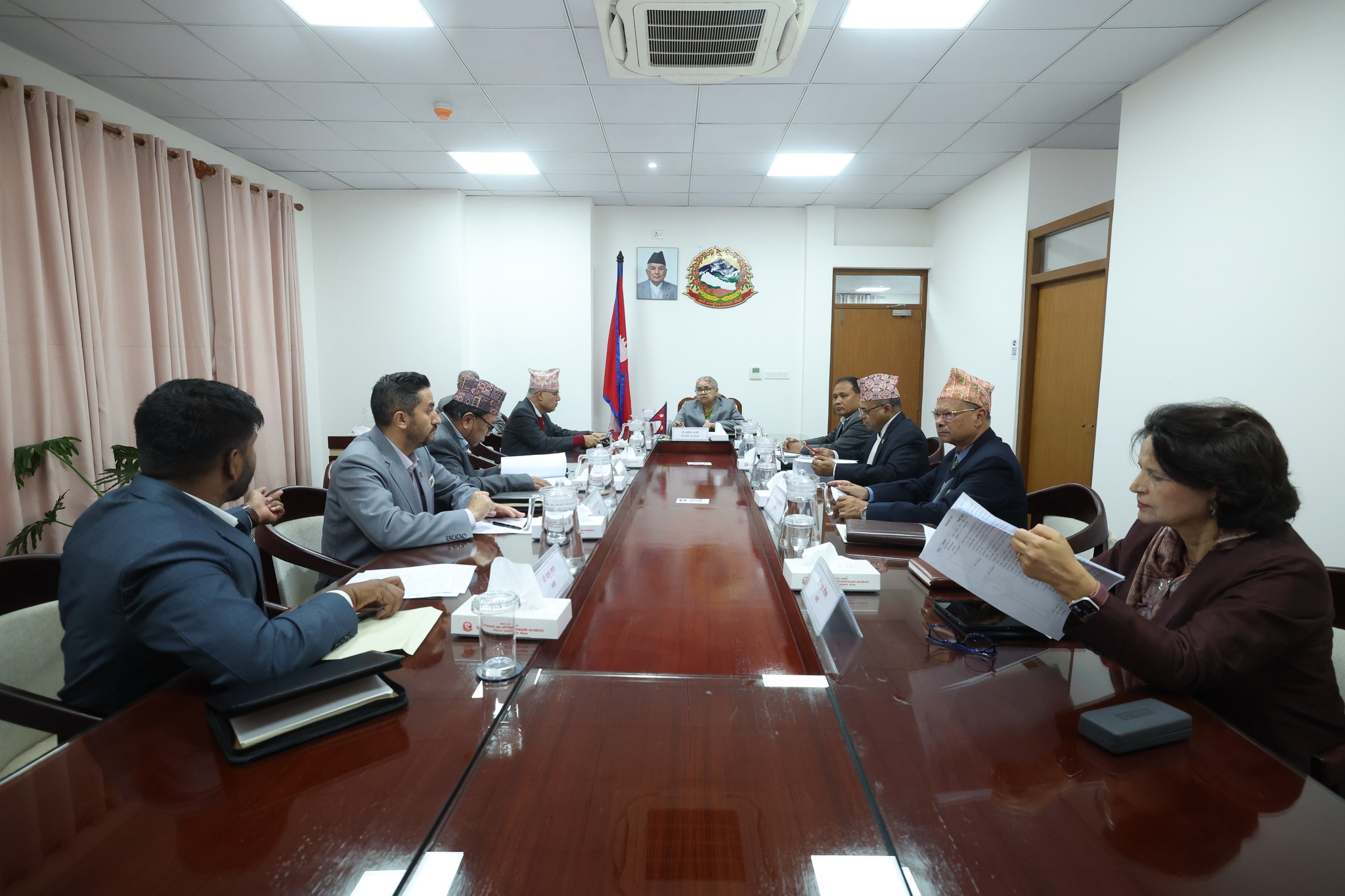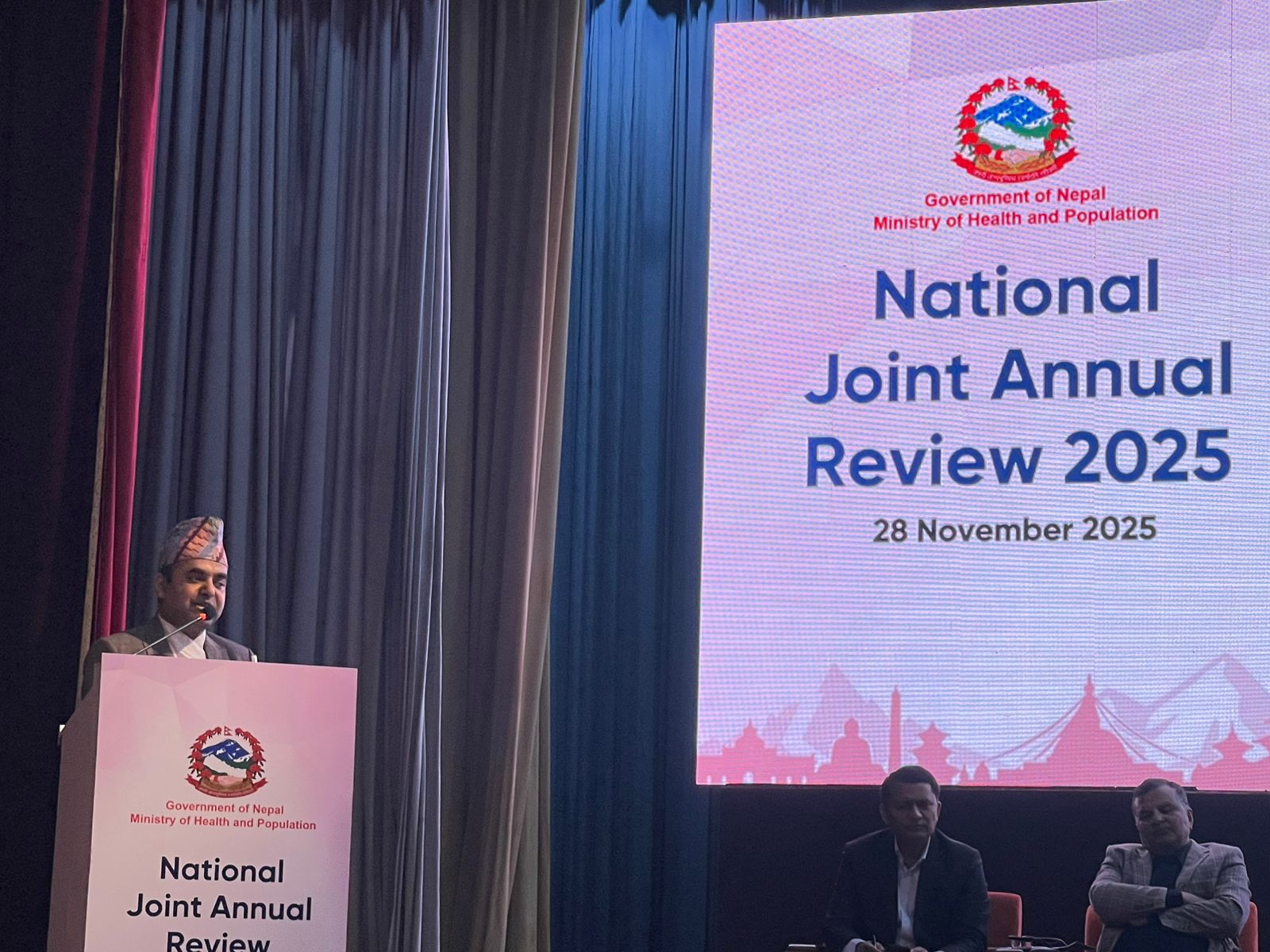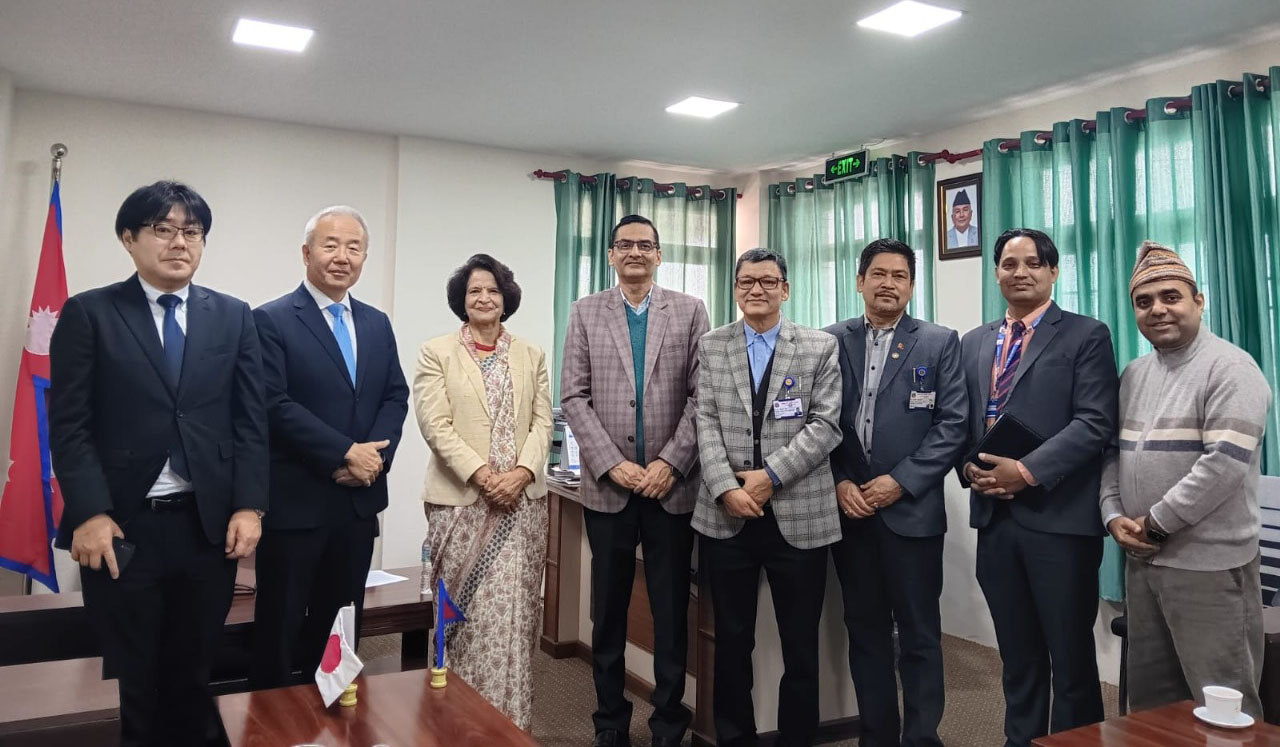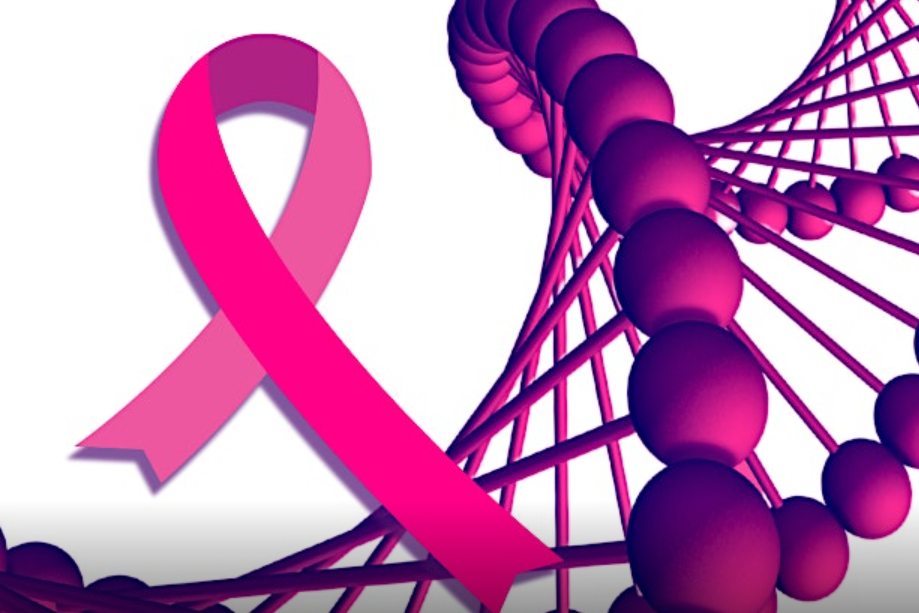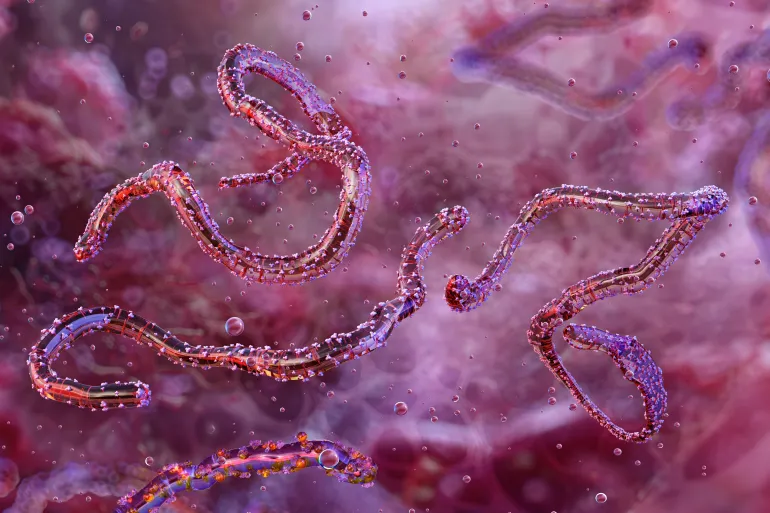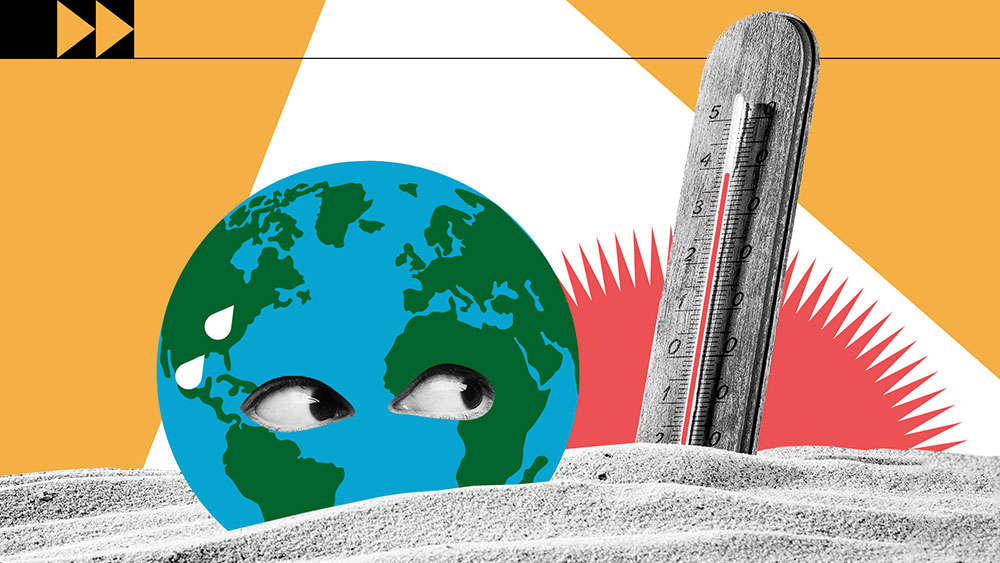
Let’s be clear—climate change isn’t just some science news or background noise we can ignore like an old Facebook post. I study public health. I read about diseases, hospitals, and health systems. But the more I learn, the more one thing keeps bothering me: climate change. And the truth is—it’s already affecting our health, often in ways we don’t even realize.
The environment isn’t something far away. It’s right here with us. The air we breathe, the water we drink, the food we eat—it all depends on the environment being healthy. But now, unpredictable weather and crop failures are already putting our health at risk.
The Health Problem No One Talks About
Most people, when they hear “climate change,” think of melting glaciers or rising sea levels somewhere far off. But it’s not distant anymore. It’s right here—especially in countries like Nepal.
The World Health Organization warns that climate change could cause over 250,000 additional deaths each year—from heatwaves, hunger, malaria, diarrhea, and other diseases. This isn’t some future story. It’s happening already.
In our country, Nepal, diseases like dengue and malaria, which used to be rare, are now showing up more often because the weather is warmer and wetter. During monsoons, floods make drinking water unsafe, spreading diseases like diarrhea. And the ones who suffer most? Children, the elderly, the poor, and those already sick. They have fewer options, fewer resources, and a harder time bouncing back.
I’ve seen families walking hours just to get clean water after floods. They crowd into shelters where illness spreads fast. These aren’t headlines—they’re real people living this every day.
If We Harm Nature, It Harms Us Back
When we cut down trees, pollute our rivers, or exhaust the soil, nature pushes back—and we feel it. Forests regulate the climate and help prevent the spread of diseases. When trees are cut down, animals are forced closer to where people live, making it easier for diseases to spread from animals to humans.
Contaminated water leads to illnesses like cholera. When rains don’t come on time, or too much rain washes crops away, farmers can’t grow enough food. I’ve spoken to farmers who are genuinely scared for their children’s future. Their harvests are shrinking. Their costs are rising. And their hopes? Slowly fading.
It’s Also a Mental Health Crisis
We don’t talk about this enough—but climate change affects mental health too. Imagine losing your home in a flood, losing crops you worked so hard to grow, or constantly worrying about what the future will look like. It brings anxiety, stress, and hopelessness.
In Nepal, access to mental health care is already limited—and almost nonexistent in rural areas. So when people face loss after loss, they carry it silently.
Small Things Still Matter
It’s easy to feel helpless, like one person can’t do much. But honestly? Small actions matter more than we think. I try to talk about climate and health with people around me. I avoid single-use plastics where I can, plant trees, walk or bike when possible, and push for better policies. I volunteer when I can.
These are not big things. But they add up. And more importantly—they show we care.
What breaks my heart is that those suffering the most from climate change are the ones who’ve done the least to cause it. That’s not fair. And that’s why we need to speak up and act.
We Can’t Do This Alone—We Need Each Other
This crisis isn’t going away with individual effort alone. We need everyone—governments, communities, schools, health workers, and young people like us. Nepal doesn’t pollute much compared to big countries, but we feel the effects deeply. So we need bold leadership, real solutions, and most importantly—solidarity.
Public health workers are already trying—strengthening systems, preparing for disasters, tracking disease outbreaks, and slowly building mental health services. But they can’t do it alone.
We all need to pull together. Waiting won’t help. Acting—even in small ways—will.
Final Thought: If We Destroy Nature, We Destroy Ourselves
This isn’t just about ice caps or forests. It’s about our health, our families, and our future. Climate change is already here. But it’s not too late. If we act together—with urgency and compassion—we can still protect lives and communities.
Taking care of the Earth isn’t separate from taking care of ourselves. The two are deeply connected. Always have been.
Nirmala Ojha is currently pursuing her studies in public health.
Nirmala Ojha
Published: July 20, 2025


